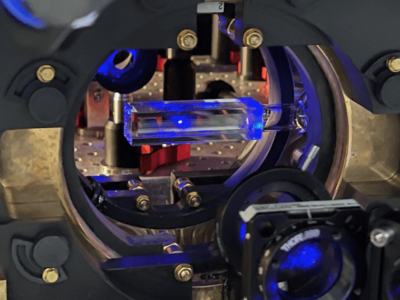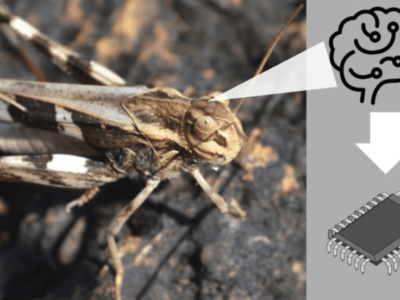
Breakthrough for lithium sulfur batteries
Writing in Nature Nanotechnology, the team used molybdenum to create a sulfur-carbon nanotube material that provded more conductivity on one electrode, and a nanomaterial coating to create stability for the other.
“Common lithium-ion batteries only have a certain capacity,” said Dr. Kyeongjae “K.J.” Cho, professor of materials science and engineering at the Erik Jonsson School of Engineering and Computer Science who led the research.
Lithium-sulfur batteries are less expensive to make, weigh less, store almost twice the energy of lithium-ion batteries and are better for the environment but sulfur is a poor electrical conductor and can become unstable over just several charge-and-recharge cycles as the electrodes break down.
“A lithium-sulfur battery is what most of the research community thinks is the next generation of battery,” said Cho, “It has a capacity of about three to five times higher than lithium-ion batteries, meaning if you are used to a phone lasting for three hours, you can use it for nine to 15 hours with a lithium-sulfur battery.”
Cho and fellow researchers discovered that molybdenum creates a material that adjusts the thickness of the coating when combined with two atoms of sulfur. This improved the stability of the electrodes and compensated for poor conductivity of sulfur, allowing for greater power density and making lithium-sulfur batteries more commercially viable.
“This was what everyone was looking for, for a long time,” Cho said. “That’s the breakthrough. We are taking this to the next step and will fully stabilize the material, and bring it to actual, practical commercial technology.”
The research was funded by the Korea Institute of Energy Technology Evaluation and Planning (KETEP) and the US National Research Foundation of Creative Materials Discovery Program.
Startups such as OXIS Energy are already shipping lithium sufur batteries.
Related stories:
- LITHIUM SULFUR TARGETS E-SCOOTERS IN CHINA
- UK ARMED FORCES CONSIDER LITHIUM SULFUR BATTERIES
- INNOVATE UK PUMPS FUNDING INTO LITHIUM SULFUR BATTERY R&D
- NEW ELECTROLYTE AIMS TO TRIPLE LITHIUM BATTERY CAPACITY
 If you enjoyed this article, you will like the following ones: don't miss them by subscribing to :
eeNews on Google News
If you enjoyed this article, you will like the following ones: don't miss them by subscribing to :
eeNews on Google News




